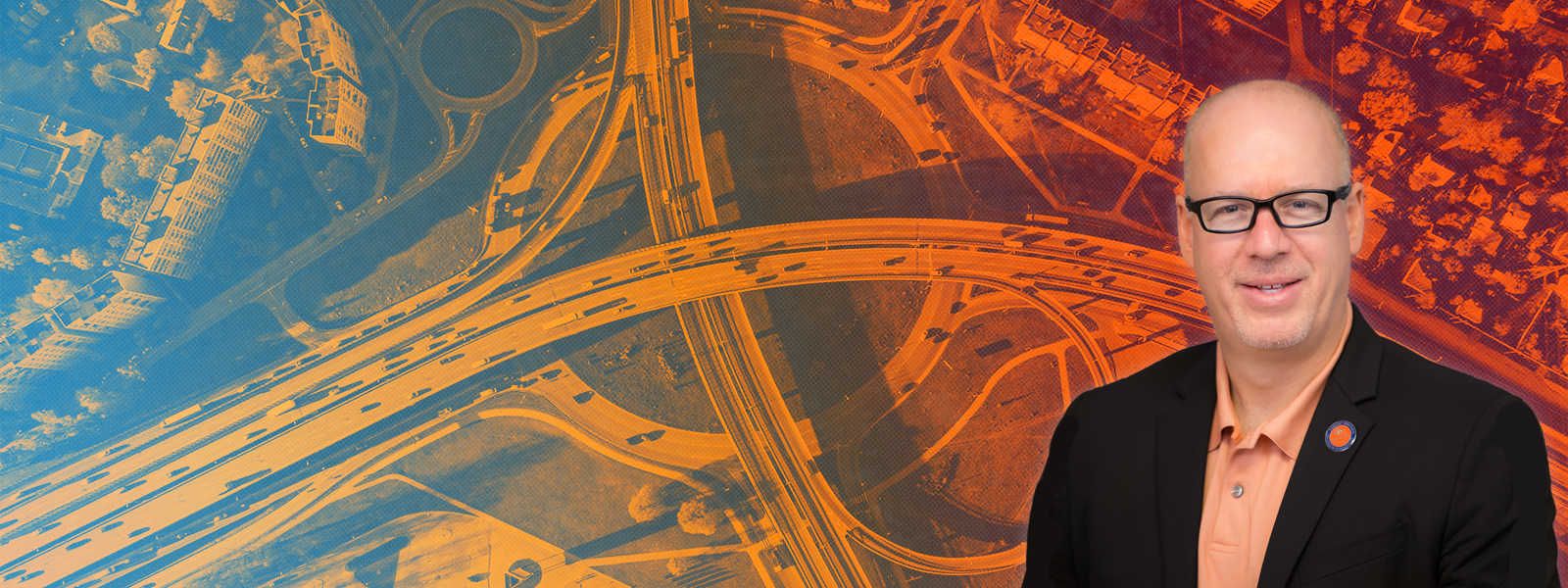Dr. David Kaber, chair of the Department of Industrial & Systems Engineering at the University of Florida (UF), will serve as a lead for the UF Transportation Institute’s new Transportation Human Factors & Systems Group.
The Human Factors & Systems Group is a multidisciplinary collaboration of UF researchers working in the areas of aging and geriatric science, civil engineering, computer science, industrial and systems engineering and occupational therapy.
The goal of the group is to develop solutions for access to transportation systems with safety and high performance in mind. The group is looking for research partnerships with external organizations to solve transportation system design problems. They are also currently working with companies that are involved in the development of advanced automated vehicle systems, technologies for providing system access to users who are underserved by existing transportations or have special needs for access to these systems, as well as consultation on human factor issues in infrastructure design.
“UF has a world-class Transportation Institute that has made substantial contributions to transportation system engineering over the years. The scope of the institute is expanding with a synergy of researchers with interests in making human-centered transportation systems a reality for a broad range of system users. This year we will be identifying high priority research areas and working to develop research partnerships with external organizations in order to generate convergent, systematic and exact solutions for access and safe and effective use of advanced transportation systems,” said Dr. David Kaber.
The group will be using driving simulator facilities, including portable systems, a fixed-base full vehicle cab simulator as well as a full-motion quarter-cab simulator with realistic visual aids. These facilities will be used to further research and test human interaction with advanced automated vehicle systems and simulations of existing roadway infrastructure.
